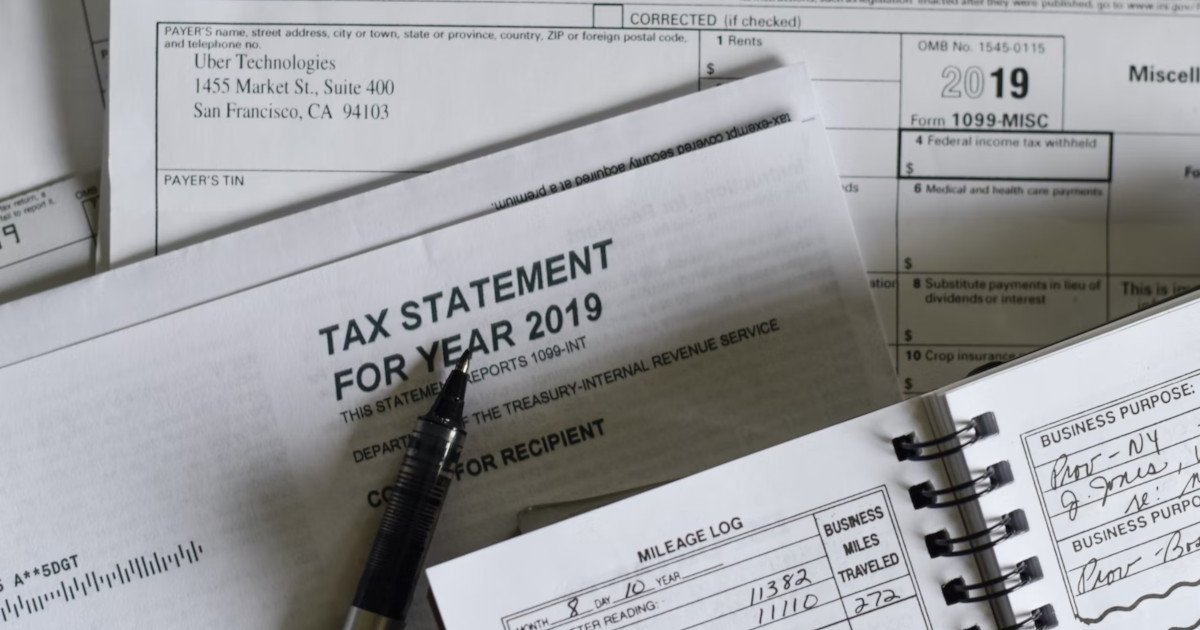Australian resident for tax purposes working holiday visa
People coming to Australia on a working holiday need to determine their tax situation in the country, and how that impacts their obligations to pay tax in their home country as well. This article is not tax advice – and as everybody’s circumstances are unique we would strongly suggest you seek your own advice – but hopefully it might give you some ideas.
The majority of the time people on working holiday visa are not considered Australian residents for tax purposes, as they do not remain in Australia for more than 50% of a financial year – but it can be a bit complicated. Let’s delve deeper into this topic.
Working holiday visa resident for tax purposes
Tax treatment for working holiday visa holders varies according to whether you are classified as a resident or non-resident in Australia, which varies by the purpose of staying in Australia. Why is this relevant? Because if you are a tax resident, you will be liable to pay tax in Australia – and if you aren’t, then you won’t (but you will still be liable to pay tax in your home country).
Some visa holders will work most of the time they are in Australia and travel less, and some vice versa (and some won’t work at all – for them, tax is not a relevant concern!)
You’ll likely be considered an Australian resident for tax purposes if:
1. You live in Australia for 183 days or more between 1 July and 30 June (>50% of a financial year).
2. You spend between 45 and 182 days in Australia within a financial year and show “residential behaviour” that indicates a desire to make Australia your home—for instance, joining a sports club, gym, renting a house, etc., which might indicate behaviour other than merely ‘taking a holiday’. Staying in one place, rather than moving around, will also more strongly indicate ‘residential behaviour’.
Tax File Number Australia – working holiday visa holder
The tax file number is a unique 9-digit number that you are required to obtain if you intend to work in Australia. You can get this number by registering on the Australian Tax office website, including to pay your working holiday makers tax. You’ll need a valid passport, Australian address, and your working visa details to apply for the tax file number (TFN). You should be in Australia when applying for the tax file number. You can start the TFN application by visiting the official website of the Australian Taxation Office – you’ll receive your TFN within 28 days. The number is fixed and is allocated permanently regardless of whether you leave Australia.
The TFN is essential to work, as it demonstrates your existence to the Australian Tax Office and your legitimacy to potential employers. Perhaps more importantly, it lowers your working holiday tax rates– if you don’t have a TFN, your employer has to withhold tax at the highest rate – 45% for non-residents!
The ‘Backpacker tax’ (Australia Working Holiday Visa Tax)
What is this and does it affect me?
People from 18 to 30 years of age who visit Australia for a combination of tourism and work are required to pay tax on every dollar they earn. This is commonly referred to as the “backpacker tax”.
Furthermore, if you are working in Australia as a working holiday maker and have a visa subclass 417 (working holiday) or subclass 462 (work and holiday), you’ll be required to lodge an Australian tax return.
What are the working holiday visa tax rates?
If you are a backpacker, the tax rate for working holiday visa income is 15% up to $37,000 (2022-23) and 32.5% of any income above that, up to $87,000 on your income earned. This differs from Australian residents, who are eligible to earn $18,200 (2022-23) before any income becomes taxable.
It’s worth noting that in Australia, a tax year runs from 1 July to 30 June.
There is positive news for Citizens of a few select countries – The Australian high court has ruled that the backpacker tax ran afoul of tax treaties signed by Australia with eight countries. Therefore, the backpacker tax will not apply to the eight countries, and their citizens can claim the backpackers claim tax back (in their tax return after 30 June each year):
1. Germany
2. Chile
3. Finland
4. Japan
5. Norway
6. Turkey
7. UK
8. Israel
How to claim your backpacker tax back
To claim back the backpacker tax you have paid (if you are from one of the 8 exempt countries), you must complete an online tax return after the end of the financial year (30 June). You’ll need your tax file number, bank details, PayG summaries, copies of payslips, and proof of Australian address.
1. You need to visit My Gov and create a mygov account.
2. Click on the Australian taxation office.
3. Click on Manage tax returns and then click on prepare (you’ll need your contact and bank details).
4. The next step will be to personalise your tax return and complee the tax return.
Superannuation Australia backpacker
Superannuation is a retirement savings system for Australian workers. For backpackers and working holidaymakers it provides guaranteed savings when they depart Australia. It applies to every category- temporary residents and full-time and part-time workers. While Australian workers can claim superannuation benefits from the time of retirement or after they are aged 65 years, temporary visitors can request repayment of these funds (less a hefty tax) when they depart Australia.
Working Holiday Superannuation
In essence, working holiday superannuation is the specified percentage of contribution subsidised by the employer. In Australia, employers pay 10% of your pre-tax gross earnings (in addition to your standard salary income) towards your superannuation fund. For superannuation purposes, employers need to be be registered as Working Holiday Maker (WHM) employers.
To sign up for a superannuation fund you will need:
1. Passport number
2. Tax file number
3. Contact details containing a phone number and mail address both in your home country and Australia.
4. Visa number
Working Holiday Visa Superannuation Refund
Claiming a tax working holiday visa superannuation refund when you leave Australia is a set process, referred to as an application for a Departing Australia Superannuation Payment (DASP). This is a misnomer, as it’s actually your money you’re applying for.
Ordinarily, you must claim the DASP within six months from visa cancellation or expiration date, or it will be transferred to the Australian Tax Office as an unclaimed super allowance. You can begin the process to claim your super if:
1. You have left Australia.
2. You have accumulated superannuation during your work in Australia.
3. You are not a New Zealand citizen, a permanent Australian resident, or an Australian citizen (in these cases, your superannuation balance will be preserved for you).
The good news is that the DASP is a kind of ‘bonus’ payment, which you receive in addition to your employment income earned in Australia. The (very) bad news, however, is that the DASP is taxed at 65%.
So for example, if you earned $20,000 in Australia:
- You would have a superannuation balance of $2,000 (10% of your gross income), plus or minus investment returns/losses
- You will only receive 35% of this amount as your DASP – of $2,000, you will receive $700. In a sense it’s bonus money, but the Australian Government gets twice as much as you. Nonetheless, it’s worth applying for your DASP because if you don’t, you’ll get zero!
A DASP online application is filed to claim superannuation held with a fund or the Australian Tax Office. Certified copies that act as evidence of identification documents are required from the Department of Home Affairs if your super fund balance is $5000 or more.




